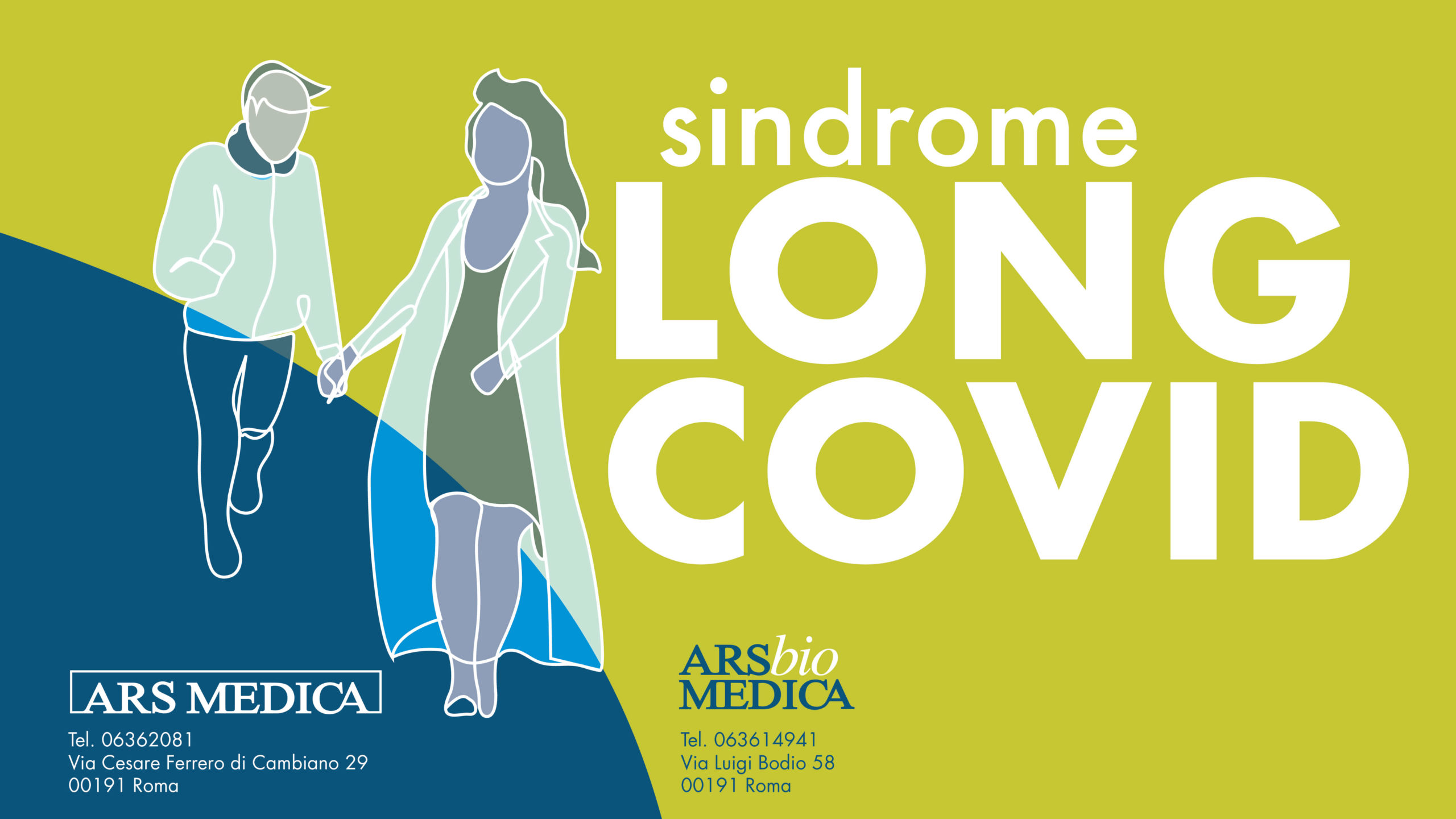
The Long COVID (LC) indicates a condition in which a patient, even though recovered, continues to experience a series of symptoms related to the disease.
When symptoms persist beyond 3 months from recovery, they are defined as “LONG COVID,” which also includes patients who continue to exhibit symptoms for up to 3 months after the acute phase. In such cases, it’s referred to as persistent symptomatic COVID-19.
For reasons that are still not fully understood, some patients, including those who contracted the disease asymptomatically, experience respiratory difficulties, mental fatigue, and extreme asthenia for extended periods after recovery.
Currently, it appears that certain categories of patients are more predisposed to Long COVID syndrome: female individuals, individuals who are overweight or have pre-existing conditions, elderly and frail individuals, and patients previously hospitalized in intensive care units.
The medicine and geriatrics departments of nursing homes are prepared to welcome these patients with a multidisciplinary approach involving specialists (internists, cardiologists, pulmonologists, gastroenterologists, neurologists, psychologists, otolaryngologists, hematologists, dermatologists, and nephrologists).
Through a medical questionnaire, the patient is integrated into a medical-healthcare path and directed to specialists for specific examinations, followed by integration into a therapeutic and rehabilitation path with follow-ups at 1 month, 3 months, 6 months, and one year.
The main symptoms that persist are:
GENERAL SYMPTOMS
- excessive tiredness and fatigue (asthenia)
- fever
- muscle and joint pain (myalgia, arthralgia)
OTORHINOLARYNGOLOGICAL SYMPTOMS
- ringing and buzzing in the ears (tinnitus) and earache
- sore throat and difficulty swallowing (pharyngodynia, dysphagia)
- loss of taste and smell (ageusia, anosmia)
- changes in voice tone (dysphonia)
PSYCHIATRIC/PSYCHOLOGICAL SYMPTOMS
- anxiety with possible obsessive-compulsive symptoms
- depression
NEUROLOGICAL SYMPTOMS
- headache (sometimes not resolved with painkillers)
- cognitive fog, difficulty concentrating
- sleep disturbances
- tingling and numbness in the limbs (peripheral neuropathies)
KIDNEY SYMPTOMS
- presence of blood in the urine (hematuria)
- loss of proteins in the urine (proteinuria)
- hyperglycemia (diabetes)
CARDIOVASCULAR SYMPTOMS
- tachycardia
- sense of tightness in the chest and chest pain
- irregular heartbeat (arrhythmias)
- alteration of blood pressure
PULMONARY SYMPTOMS
- difficulty breathing, shortness of breath
- persistent cough
- dyspnea
HEMATOLOGICAL SYMPTOMS
- coagulation abnormalities (pulmonary vessel thrombosis and embolism)
- These symptoms may appear ex novo and/or worsen pre-existing conditions.
Pathways
Pulmonary Pathway
- Specialist consultation
- Walking test
- Spirometry
- Chest CT scan without contrast
Cardiological Pathway
- Specialist consultation + ECG
- Exercise stress test
- Ambulatory blood pressure monitoring and 24-hour cardiac monitoring
Neurological – Psychological Pathway
- Neurological specialist consultation
- Psychotherapy session (if necessary)
- Polysomnography and electromyography if necessary
- Possible MRI/CT scan
- Physical Therapy
- Respiratory Physiotherapy
Otorhinolaryngological Pathway
- ENT specialist consultation
- Olfactory rehabilitation
- Possible laryngoscopy
- Olfactory rehabilitation
Gastroenterological Pathway
- Specialist consultation
- Colonoscopy/esophagogastroduodenoscopy
- Possible abdominal CT scan
The initial assessment will be conducted by the internist, possibly involving the completion of a specific questionnaire.
Per appuntamento chiamare i seguenti numeri:
Ars Medica 0636208923/924
Do you need a medical visit or an exam?
Choose the best care for yourself
Choose the best care for yourself



